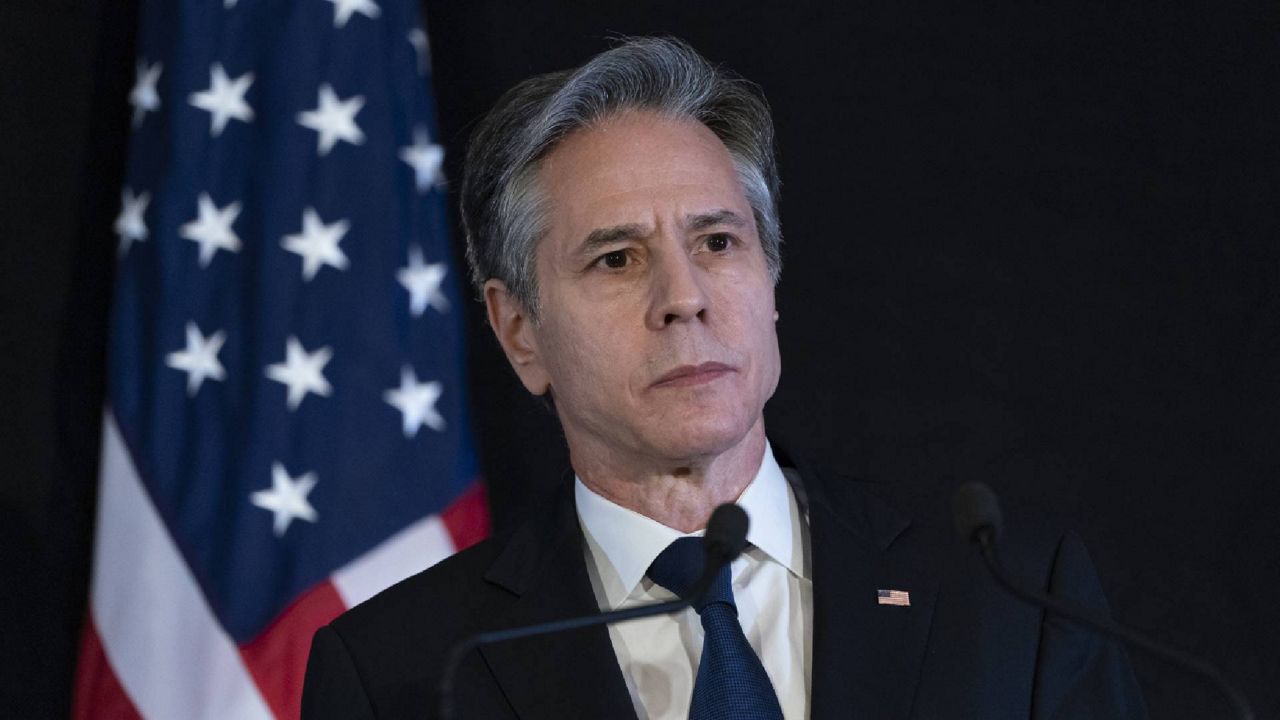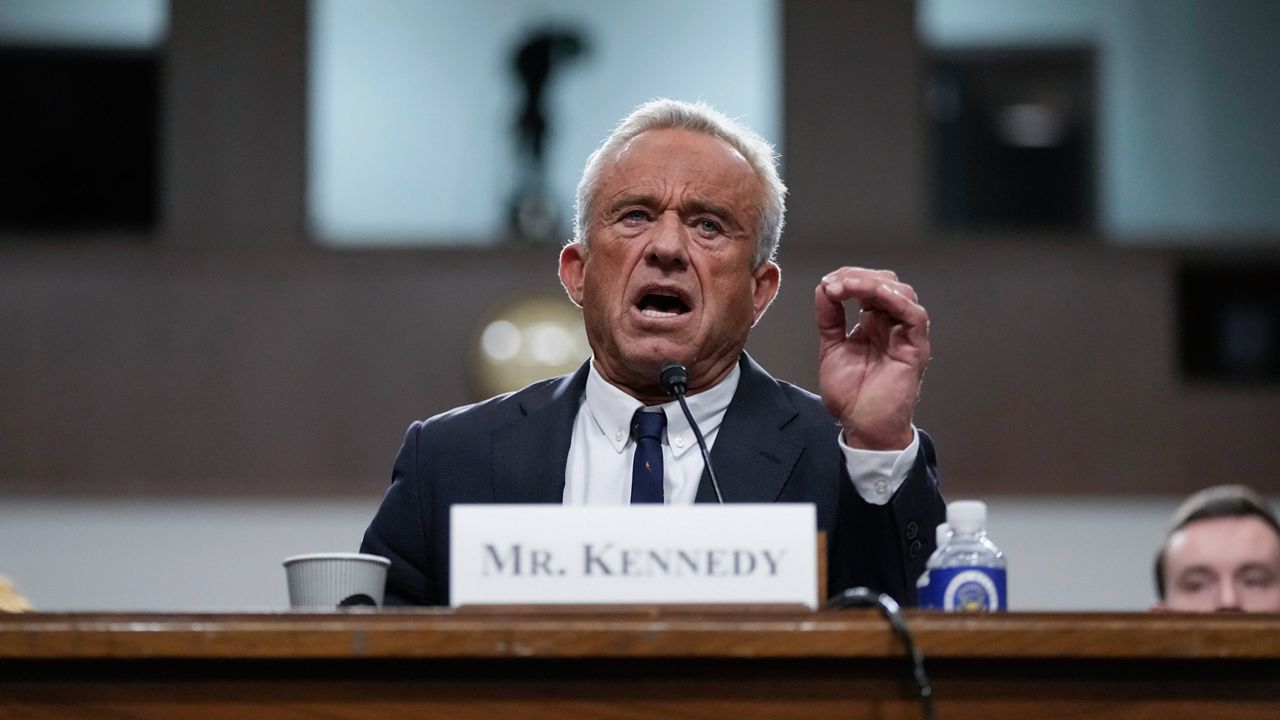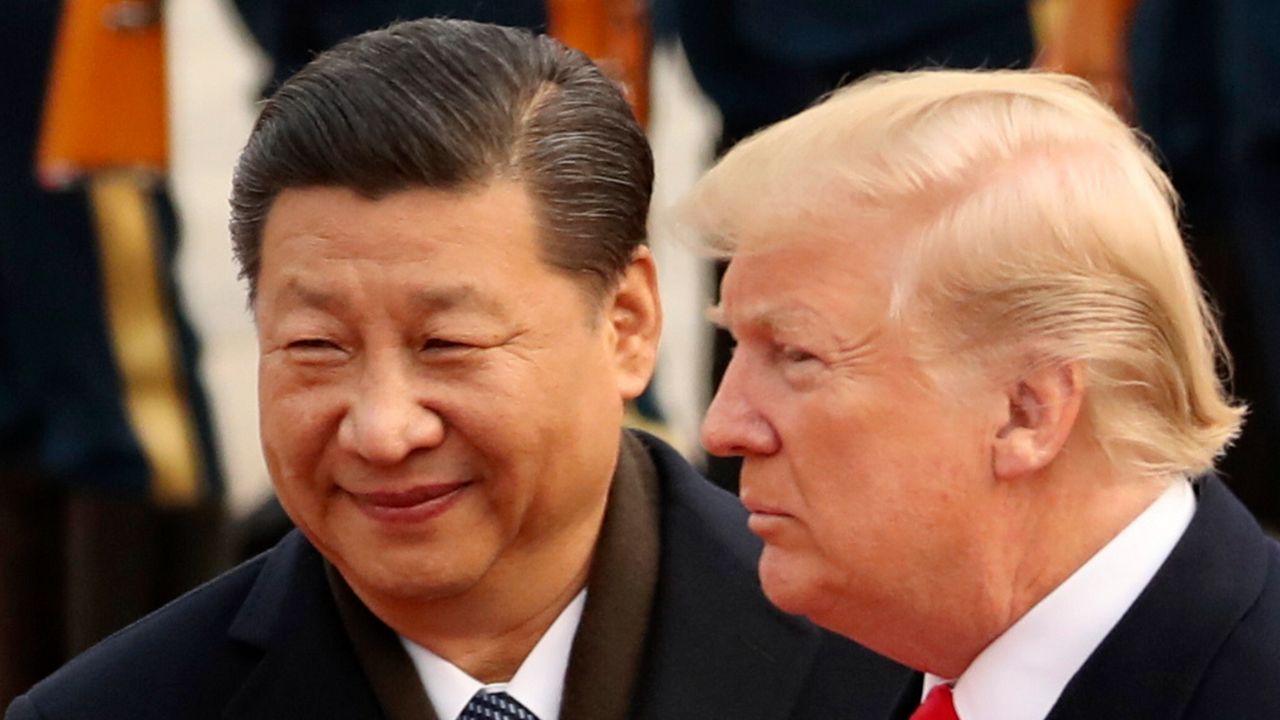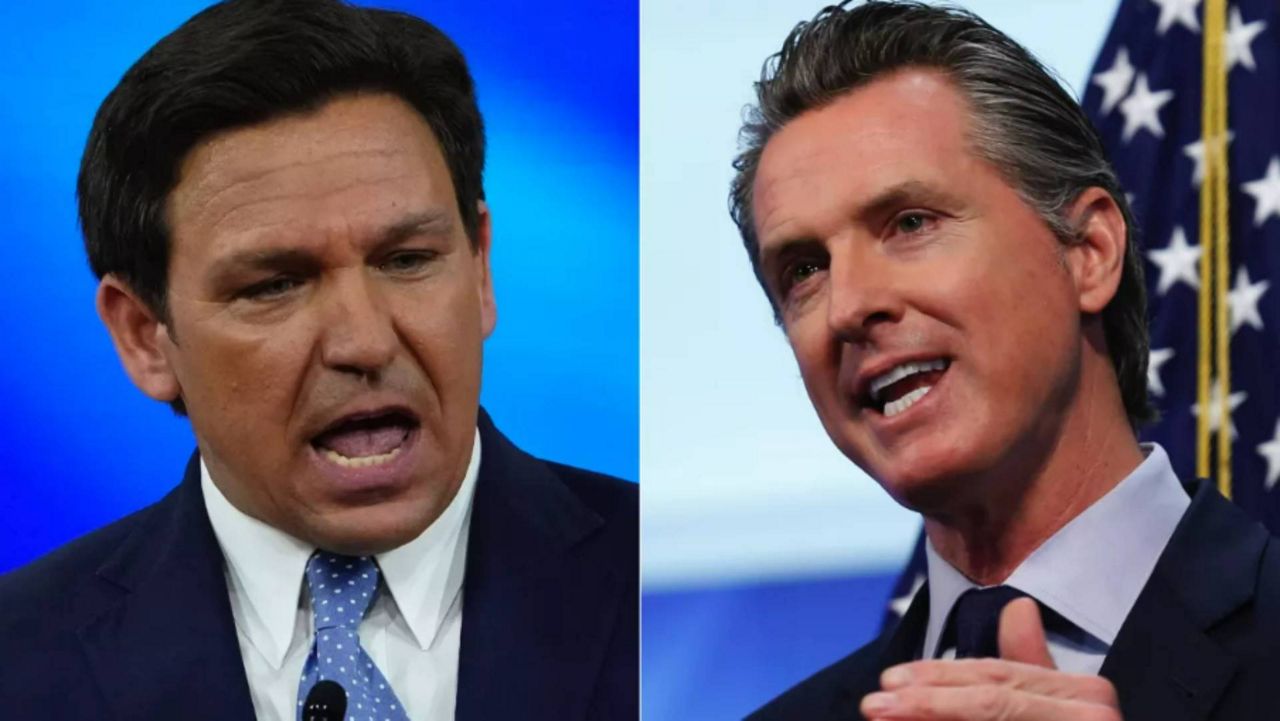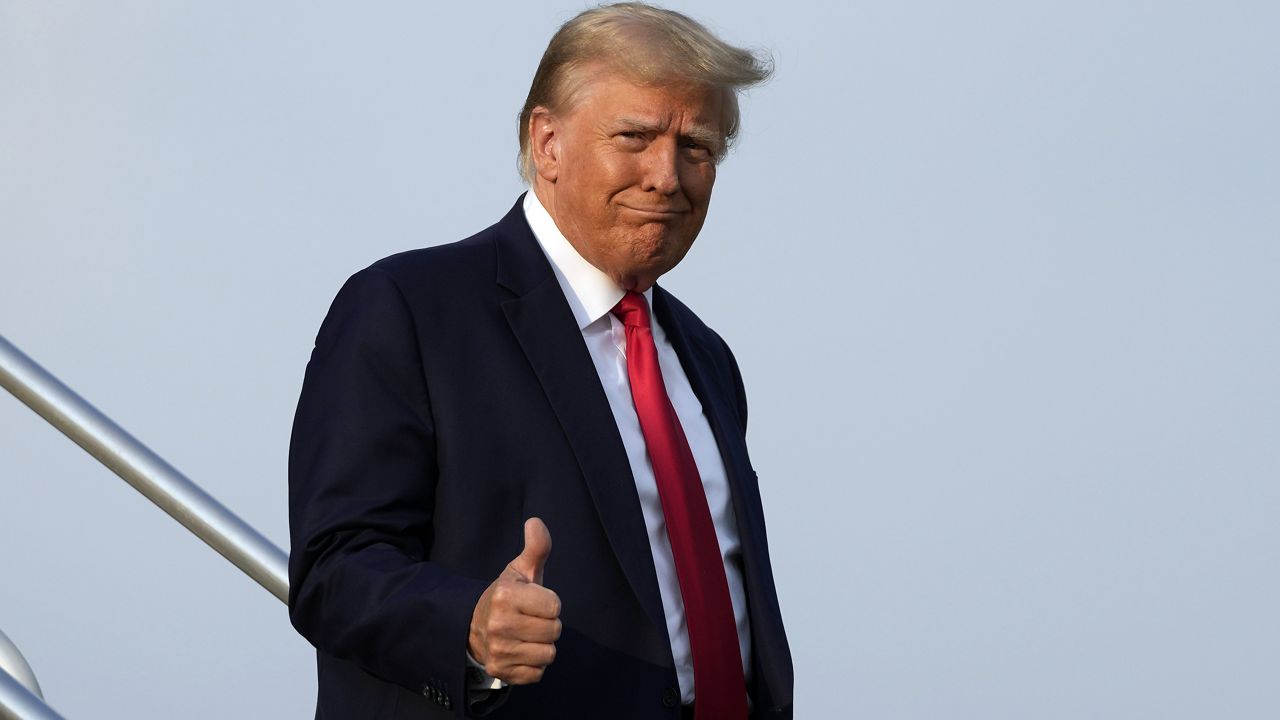The United States sent a written response to Russia’s security demands on Wednesday, Secretary of State Antony Blinken announced, outlining both possible areas of agreement as well as the U.S. and its allies’ foremost concerns as Russia maintains a military buildup of hundreds of thousands of troops on the Ukrainian border.
The response did not include any changes to limits the U.S. has already set publicly, the secretary of state said.
“All told, it sets out a serious diplomatic path forward, should Russia choose it,” Blinken said from the State Department briefing room on Wednesday.
“The document we've delivered includes concerns of the United States and our allies and partners about Russia's actions that undermine security, a principled and pragmatic evaluation of the concerns that Russia has raised and our own proposals for areas where we may be able to find common ground,” he added.
Russia, which has amassed more than 100,000 troops near Ukraine, has demanded that NATO promise to never allow Ukraine to join the alliance and that the group scale back its troop presence in former Soviet nations.
The paper will not be made public to leave room for negotiation, Blinken said, but the U.S. has already warned that Russia’s top demands are unacceptable, like the membership pledge.
“We will uphold the principle of NATO's open door,” Blinken said Wednesday. “And that's, as I've said repeatedly in recent weeks, a commitment that we're bound to.”
"There is no change," he added.
It's unclear whether the written response will move the needle on Russian aggression, since the Kremlin's top stipulations are unlikely to be met.
The written response delivered to Moscow on Wednesday was coordinated with NATO allies and Ukraine, the secretary of state added, and it will be shared with Congress.
In the U.S. paper, American officials addressed the possibility of “reciprocal transparency” — a greater degree of visibility into both Russian and NATO troops in eastern Europe — and other areas for potential cooperation.
Russia has warned it would quickly take “retaliatory measures” if the U.S. and its allies reject its demands.
The Kremlin has repeatedly denied it has any such designs, but the U.S. and its NATO allies are worried about Russia deploying an estimated 100,000 troops near Ukraine and launching a series of sweeping military maneuvers.
As part of the drills, motorized infantry and artillery units in southwestern Russia practiced firing live ammunition, warplanes in Kaliningrad on the Baltic Sea performed bombing runs, dozens of warships sailed for training exercises in the Black Sea and the Arctic, and Russian fighter jets and paratroopers arrived in Belarus for joint war games.
Asked by a reporter on Wednesday when the U.S. would “stop playing Russia’s game,” Blinken emphasized the U.S. is preparing for the worst, including by putting 8,500 Americans troops on “heightened alert” as a show of support and deterrence, as the Pentagon announced earlier this week.
“Even as we've been engaging in diplomacy — which is my job and responsibility — we have been very resolutely preparing for Russia to take the other path: the path of aggression,” Blinken said.
At stake is the future of Ukraine: Russia has demanded guarantees that NATO will never admit the country and other ex-Soviet nations as members and that the alliance will roll back troop deployments in other former Soviet bloc nations. Some of these, like the membership pledge, are nonstarters for NATO, creating a seemingly intractable stalemate that many fear can only end in a war.
Speaking to lawmakers, Russian Foreign Minister Sergey Lavrov said he and other top officials will advise President Vladimir Putin on the next steps after receiving written replies from the United States to the demands.




